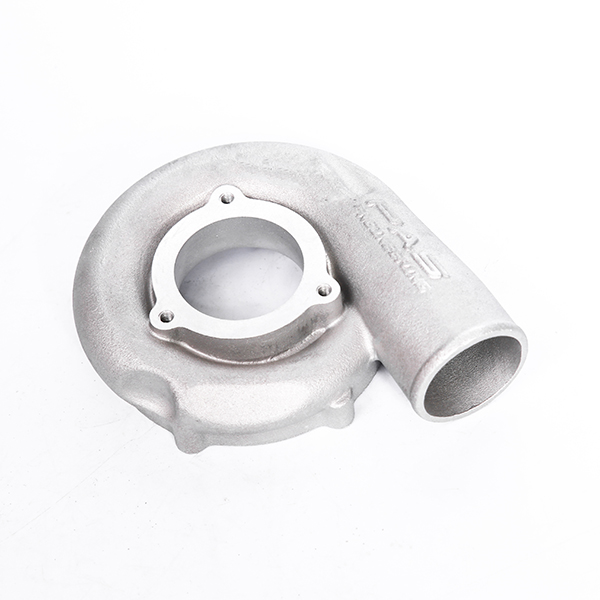Mobile:+86-311-808-126-83
Email:info@ydcastings.com
Understanding Slurry Pump Impellers and Their Impact on Pump Performance and Efficiency
Understanding Slurry Pump Impellers
Slurry pumps play a crucial role in industries that handle abrasive and corrosive materials, such as mining, mineral processing, and wastewater treatment. At the heart of these pumps lies the impeller, a vital component responsible for moving the slurry—a mixture of solid particles and liquid. This article explores the importance, types, and design considerations of slurry pump impellers.
What is a Slurry Pump Impeller?
The impeller of a slurry pump is a rotating component that transfers mechanical energy from the motor to the fluid, facilitating its movement through the pump. Unlike standard centrifugal pumps, slurry pump impellers are specifically designed to handle slurries containing solids, which can be highly abrasive and non-uniform in size and consistency.
Types of Impellers
Slurry pump impellers come in various designs, each suited for specific applications. The most common types include
1. Open Impellers These consist of vanes without a shroud. They are ideal for handling slurries with large solids as they allow for easy passage of particles. However, they are less efficient and have a lower hydraulic performance.
2. Closed Impellers These have vanes enclosed by a front and rear shroud. Closed impellers provide higher efficiency and are suitable for slurries with smaller particle sizes. They are designed for smoother flow and reduced turbulence, which helps in minimizing wear and improving performance.
slurry pump impeller

3. Semi-Open Impellers A middle ground between open and closed designs, semi-open impellers have a partial shroud. They offer a balance between efficiency and the ability to handle solids, making them versatile for different slurry types.
Design Considerations
Designing an effective slurry pump impeller involves several key considerations
- Material Selection Due to the abrasive nature of slurries, impellers are often made from wear-resistant materials such as high-chrome alloys or rubber linings to extend their lifespan.
- Hydraulic Performance The impeller’s size, shape, and rotational speed significantly influence the pump’s hydraulic performance. Engineers must carefully analyze the slurry's characteristics to optimize these parameters.
- Pump Configuration The overall design of the pump system, including the arrangement of the impeller within the housing and the type of drive used, will impact its efficiency and suitability for specific applications.
Conclusion
Understanding the role of slurry pump impellers is vital for anyone working in industries that require the transport of abrasive mixtures. Choosing the right type of impeller, considering material properties, and addressing design considerations can lead to enhanced performance, reduced wear, and increased operational efficiency. As industrial processes evolve, the development of innovative impeller designs will continue to play an essential role in advancing slurry pump technology, ensuring reliable and efficient handling of challenging materials.
-
Impeller Technology That Powers Precision in Pump SystemsNewsMay.22,2025
-
Valve Durability Begins with Quality Cast Iron ComponentsNewsMay.22,2025
-
Performance Cooling with Advanced Automobile Water Pump SolutionsNewsMay.22,2025
-
How Motor Housing and Oil Pans Shape Engine PerformanceNewsMay.22,2025
-
How Metal Castings Drive Modern Manufacturing EfficiencyNewsMay.22,2025
-
Exploring the Engineering Behind Valve Body CastingsNewsMay.22,2025











